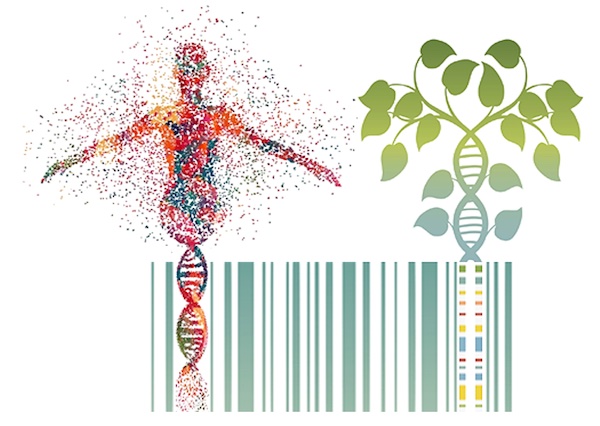Projects
General Information

In multicellular organisms, every cell contains nearly identical genetic information. However, there is an amazing diversity of cell types that perform varieties of functions. Cellular identity and differentiation is therefore not determined by the DNA sequence itself but by the expression of selected genomic regions in time and space. At the molecular level, these transcriptional programs are controlled by so-called epigenetic processes guiding each single cell towards its own fate. Failures in epigenetic pathways are often at the heart of human diseases such as cancer. Furthermore, reprogramming the genome using epigenetic tools is rapidly emerging as powerful approach to improve human health or plant fitness. The research in the Bischof lab aims at understanding the role of the epigenome on a cell’s behavior, ultimately paving the way for improving both human health and agriculture.
We use the plant model Arabidopsis thaliana as it offers considerable advantages and opportunities to perform cutting-edge research. It has a small size and short generation time, is amenability for genetic transformation and offers easy genetics. Its trim and well-annotated genome allows comprehensive and cost-efficient genomics. Most importantly, the high tolerance of plant genomes to genomic instability, often lethal in other model organisms, represents a fascinating opportunity to tackle essential aspects of biology. This genomic robustness therefore enables mutagenesis-driven forward genetic screens to discover new pathways that control the genome.
Due to the high degree of conservation of molecular mechanisms between organisms, our findings and methodology are not limited to understanding chromatin dynamics in plants. With this in mind, we are using human cells to investigate epigenetic mechanisms that are conserved between plants and mammals that have direct implications in cancer biology. A special focus is given to DNA damage repair pathways. We believe that combining the knowledge and methodologies from diverse models, such as human cells and plants, facilitates the elucidation of complex biological problems. Furthermore, transposing discoveries made in one organism to another allows to understand the conservation and importance of molecular pathways across kingdoms.
Funding
The Bischof lab is funded by the Swiss National Science Foundation, the University of Zurich (https://www.research.uzh.ch/en/funding/postdoc/fkpostdoc.html), the European Union’s Horizon 2020 program and the Syngenta-sponsored Zürich-Basel Plant Science Center.
The lab is member of the Syngenta-sponsored Zürich-Basel Plant Science Center, the competence center URPP - Evolution in Action, the Swiss Plant Science Web and Response program (PSC) from the European Union’s Horizon 2020.
Collaborations
The Bischof lab currently has fruitful collaborations with many groups.
At the University of Zürich:
Department of Plant and Microbiology:
Beat Keller
Christoph Ringli
Célia Baroux
Thomas Wicker
Department of Chemistry:
Eva Freisinger
Department of Molecular Cancer Research:
Alessandro Sartori
Department of Molecular Mechanisms of Disease:
Michael Hottiger
In Switzerland:
Kirsten Bomblies, ETHZ, Zürich, Switzerland
International:
Martin Groth, Helmholz Zentrum, München, Germany
Jeff Long, UCLA, USA
Qikun Liu, Peking University, Beijing, China
Jiamu Du, SUSTech, Shenzen, China
Tuncay Baubec , Untrecht University, The Netherlands
Weiterführende Informationen
SNF - Schweizerischer Nationalfonds